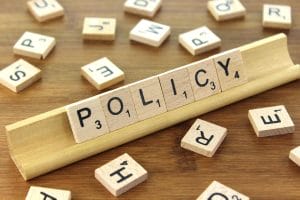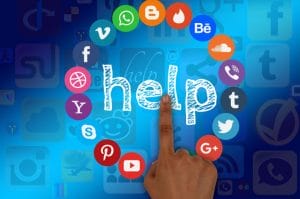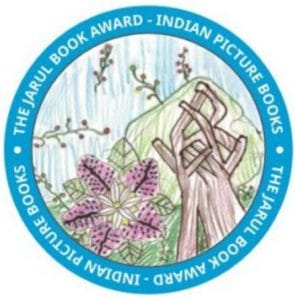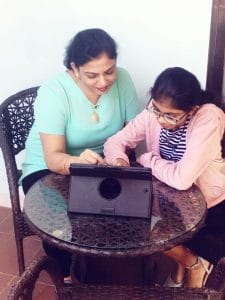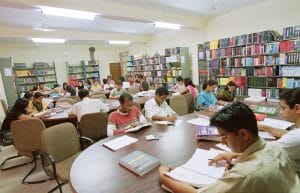
Books by Toby Hudson, Wikipedia, CC BY-SA 3.0
Weeding books – What’s that? What does that mean and why is it important and how much to weed are questions every librarian struggles with. According to Jeanette Larson, who has over thirty years of experience in various libraries says that “Weeding is the systematic removal of resources from a library based on selected criteria. It is the opposite of selecting material, though the selection and de-selection of material often involve the same thought process. Weeding is a vital process for an active collection because it ensures the collection stays current, relevant, and in good condition. Weeding should be done on a continuous, on-going basis.“.
If we accept her claim, it becomes necessary for librarians to review their collection regularly. The most popular acronym used in weeding is:
MUSTIE the crew method
M = If books have misleading and/or factually inaccurate information
U = Ugly, yellow, faded and cannot be mended
S = Superseded, that means there is a better and new version of the book
T = Trivial and has no discernible literary or scientific merit
I = Irrelevant to the needs and interests of your community
E = The material or information that can be obtained through other means electronic format or library loads.
However, there are books weeded based on time. It is often said, that if the books are not circulated in three or five years, it is time to find a new home for the resources. However, classics, award-winning book, books about local history and geography, stories by local writers, books gifted or local literature are often maintained until they become MUSTIE.
Encyclopediae are always a question for Librarians. There is a lot of money invested in it, so it becomes very painful to get rid of them. In this age of the internet, I believe, that print encyclopedia does not play a vital role in the Library and if fact, it could easily be replaced by the internet and a computer since both costs almost the same. And, it is believed that if the encyclopedia is over ten years old, it’s information becomes irrelevant.
Different subjects areas have different shelf lives. Resources under subject areas like technology, medicine, media, agriculture, careers, and sciences like biology, engineering often are regularly updated. Therefore, copyright of these books beyond 3-5 years must be checked and weeded. While the arts, history, geography, children’s literature, biographies could be targetted to 10 years. However, if they look shoddy and pale, you may want to weed that too.
I think the hardest job for librarians is to weed the collection especially our favorite subject areas and other favorite books. However, for the library collection to stay relevant and fresh, it is necessary to set some time during the year to weed out the resources. Yes, every year, it is time to say goodbye to some of the resources.
And, then the question arises, how much to weed? I would say weed according to the criteria, even if it means to have fewer books in your library. Stacking books on our shelves in your library does not make the library relevant and useful. If no one is using the resources, why keep them? Isn’t the library supposed to be a learning place for our users? No educational institutes should have a bookkeeper and a library of irrelevant resources!
Electronic resources that are not relevant must be weeded out too. I can almost hear some librarians say, OMG, we’ve spent so much time and money in procuring these resources – but as Ranganathan said – What use are the resources if they are not in the hands of the users?
